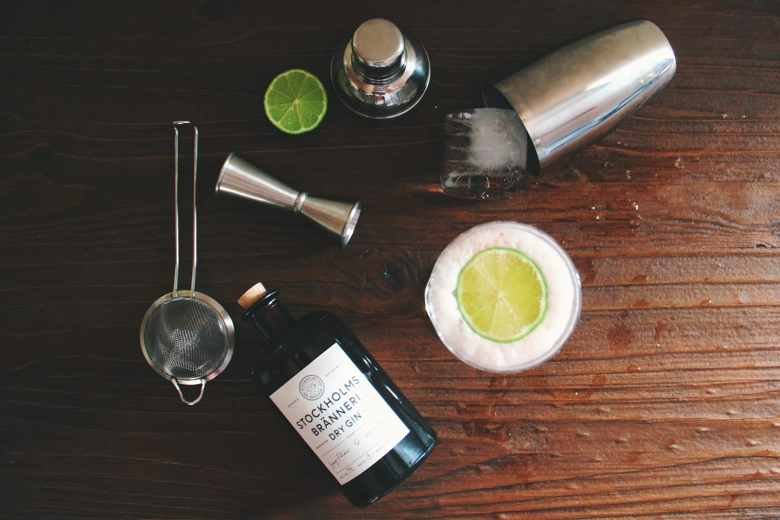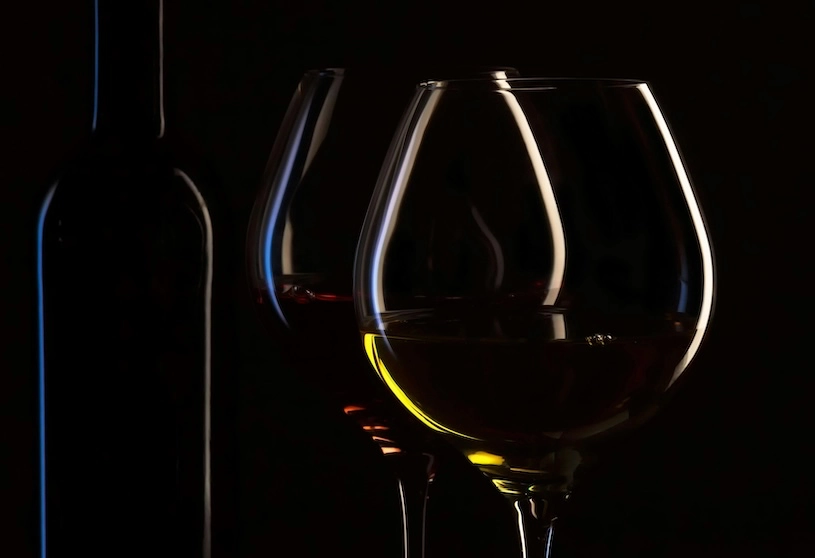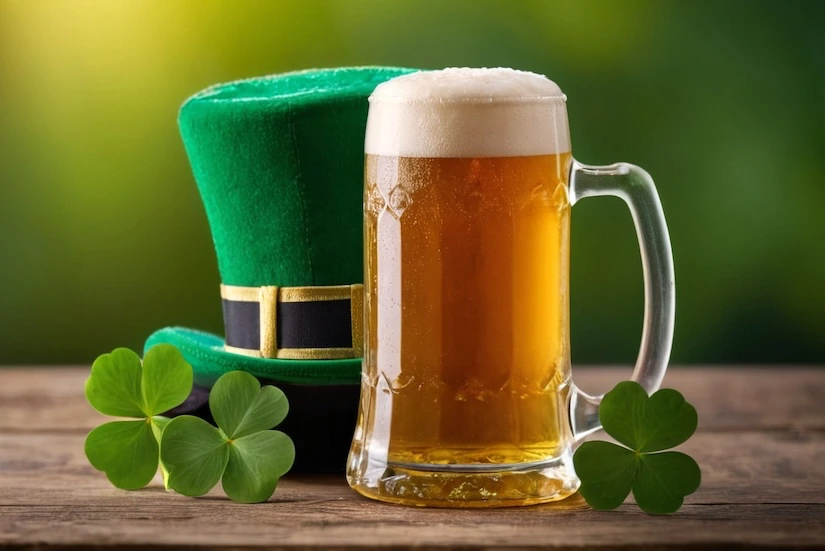Whiskey or Whisky? We'll Explain
It's not a spelling error. We will explain the differences and set the record straight on this beloved spirit.
The terms "whisky" and "whiskey" both refer to a distilled alcoholic beverage made from fermented grain mash. However, the spelling difference between the two has caused a lot of confusion. In this article, we will explain how "whisky" without an 'e' and "whiskey" with an 'e', is primarily used to distinguish the origin and style of the spirit.
It's important to note that the distinction isn't always strict, and there can be exceptions based on specific brands, regions, or preferences. Let's delve into the differences with a general overview:
Whisky (without the "e")
This spelling is commonly associated with Scotch whisky, which is produced in Scotland.
- Scotch whisky has a long history and is renowned for its distinct production methods and regional variations.
- Known for its distinct peaty and smoky flavors, often derived from the traditional production process and the local environment.
- Usually distilled twice, although some styles are distilled three times.
- Scotch whisky is further categorized into subtypes such as Single Malt, Blended Scotch, and more.
- Typically made from malted barley and aged for a minimum period in oak barrels.
Whiskey (with the "e")
This spelling is often used for Irish whiskey and American whiskey (including Bourbon and Rye).
- Irish whiskey is typically smoother and lighter, often triple-distilled, and may have notes of fruit and honey. Irish whiskey is typically made from a mixture of malted and unmalted barley and may also include other grains. The triple-distillation is what makes for a smoother character.
- American whiskey (including Bourbon and Rye):
- Bourbon, a type of American whiskey, is known for its rich, sweet, and caramel-like flavors. It must be made primarily from corn and aged in new charred oak barrels.
- Rye whiskey, another American variety, has a spicier profile with notes of pepper and fruit. It must be made primarily from rye and aged in new charred oak barrels.
- The number of distillations varies by type, with bourbon typically distilled at least twice and some rye whiskies distilled once.
The Aging Process
- Scotch Whisky: Often aged for a minimum period (no less than 3 years, but typically much more), with different styles requiring different aging periods (e.g., single malt, blended, etc.).
- Irish Whiskey: Aged for at least three years, with some premium versions aged longer.
- American Whiskey: Aging requirements vary by type; bourbon must be aged in new charred oak barrels, while rye whiskey also has specific aging criteria.
A Very Brief History Lesson
The historical reason for the different spellings dates back to the 19th century when Irish and Scottish distilleries were using both terms interchangeably. Over time, regional preferences and regulations led to the distinction in spelling.
Irish whiskey makers chose to stick with "whiskey" to set themselves apart and emphasize their product's quality. Scottish distilleries, on the other hand, adopted the spelling "whisky" to differentiate themselves and honor the traditional Scottish Gaelic language.
It's important to note that while these distinctions generally hold true, there are exceptions. For example, some American whiskey producers may use "whisky" to evoke a more traditional or international image. Similarly, some Canadian whiskies also use "whisky."
In Summary
It's important to note that within each category (Scotch, Irish, American), there are various styles and subcategories, each with its own unique characteristics and production methods. The choice between "whisky" and "whiskey" often serves as a quick identifier of the style and origin of the spirit.
This should be more than enough information to help you win that debate over spelling with other whisk(e)y snobs. You can also finally call out that one friend who proclaims "I love whiskey but can't stand bourbon"! That just makes no sense.
Thanks for reading - sip responsibly!
Cocktail Friend is here to help!
We have over 16,000 cocktail recipes and we intend to grow. We also have a growing collection of curated articles.
Don't see a drink or thing one should be updated?
Reach Out and let us know.
Note: Don't forget to review the drinks you love, stock your Cocktail Friend Cabinet, and share your favorites with your friends.

We've compiled the 'must-have' tools & supplies for crafting your next drink. We'll also show you where to find the best deals.
We've compiled the 'must-have' tools & supplies for crafting your next drink. We'll also show you where to find the best deals.

Wine, one of the world's most beloved beverages, comes in many styles & flavors. We delve into the diverse world red & white wines.
Wine, one of the world's most beloved beverages, comes in many styles & flavors. We delve into the diverse world red & white wines.

Shamrocks & Spirits: A History of St. Patrick's Day
Shamrocks & Spirits: A History of St. Patrick's Day
Explore St. Patrick's Day's history, from its religious roots to global festivities, and the significance of its drinking traditions.
Explore St. Patrick's Day's history, from its religious roots to global festivities, and the significance of its drinking traditions.